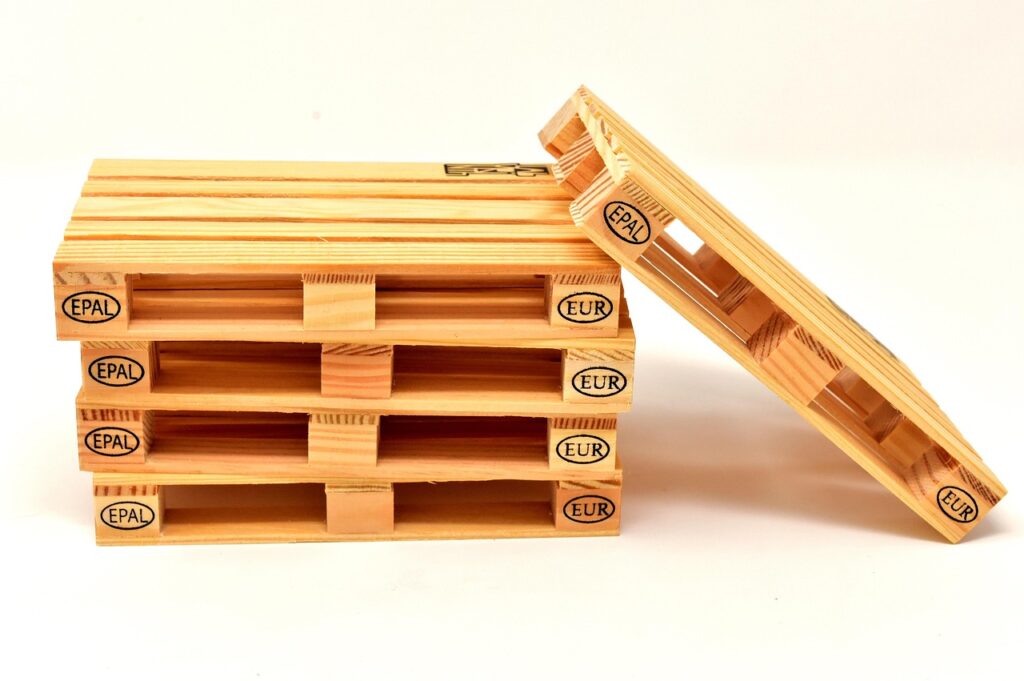Stone countertops remain a top choice for kitchens and bathrooms due to their durability, aesthetic appeal, and variety. They come in different materials such as granite, marble, quartz, and porcelain, each offering unique benefits suited to different styles and needs.
The best stone countertop depends on balancing factors like hardness, maintenance, cost, and design preferences. Understanding these elements helps homeowners choose the right stone that fits both function and style.
With various options available, a clear look at the characteristics of each material guides informed decisions. This overview aims to clarify important aspects to consider when selecting stone countertops for any space.
Types of Stone Countertops
Stone countertops vary widely in appearance, durability, and maintenance. Some stones excel at resisting heat and scratches, while others stand out for their unique patterns and colors. Understanding these differences helps in selecting the most suitable option for a kitchen or bathroom.
Granite Surfaces
Granite is a hard, dense natural stone prized for its durability and resistance to heat, scratches, and stains. It comes in a wide range of colors and patterns, from speckled to veined, making it adaptable to various kitchen styles.
It requires periodic sealing to maintain its resistance to stains and moisture. Granite surfaces handle daily wear well and can last for decades when properly cared for. Its natural look fits both traditional and modern designs.
Marble Designs
Marble features striking veins and a smooth texture that adds elegance to any space. It tends to be softer and more porous than granite, which makes it prone to scratching and staining if not properly sealed.
Marble countertops require more maintenance, including regular sealing and careful cleaning to avoid etching from acidic substances. It is ideal for areas with lighter use or for those prioritizing aesthetics over heavy durability.
Quartz Options
Quartz countertops are engineered from crushed quartz and resin, offering a non-porous and highly durable surface. They resist stains, scratches, and heat better than many natural stones, and do not require sealing.
Available in many uniform colors and patterns that mimic natural stone, quartz offers consistency in appearance. It is low maintenance and suited for high-traffic kitchens, making it a practical choice for homeowners seeking both beauty and durability.
Care and Maintenance of Stone Countertops
Stone countertops require specific care to maintain their appearance and durability. Proper cleaning, regular sealing, and prevention of scratches and stains keep the surface intact and extend its lifespan.
Cleaning Methods
Stone countertops should be cleaned daily with a mild, pH-neutral cleaner or warm water and a soft cloth. Avoid acidic or abrasive cleaners, which can etch or dull the surface, especially on marble and limestone.
For tougher spots, a mixture of water and gentle dish soap can be used. Always rinse thoroughly and dry with a microfiber cloth to prevent water spots.
Avoid harsh scrubbing pads or steel wool, as they can scratch the surface. Immediate cleanup of spills, especially oil, wine, or acidic liquids like lemon juice, minimizes staining risks.
Sealing Practices
Most natural stone countertops, particularly granite and marble, benefit from periodic sealing to protect against stains and moisture penetration.
Sealing should be done every 6 to 12 months, depending on the stone’s porosity and usage intensity. A simple water test can determine if resealing is needed: if water beads on the surface, sealing is intact; if it absorbs, resealing is required.
Apply a penetrating sealer evenly using a soft cloth or applicator, allow it to penetrate as directed by the product instructions, then wipe off excess. Proper sealing enhances durability and makes cleaning easier.
Scratch and Stain Prevention
Using cutting boards and trivets is essential to prevent scratches and heat damage. Hard or sharp objects can leave permanent marks on softer stones like marble and soapstone.
Blot spills promptly instead of wiping them; wiping can spread the spill and increase staining chances. Use coasters under glasses containing alcohol or citrus drinks.
Avoid placing hot pans directly on the counter to prevent thermal shock and discoloration. Regularly inspect the surface for scratches or dull spots and address them with professional polishing if necessary.


